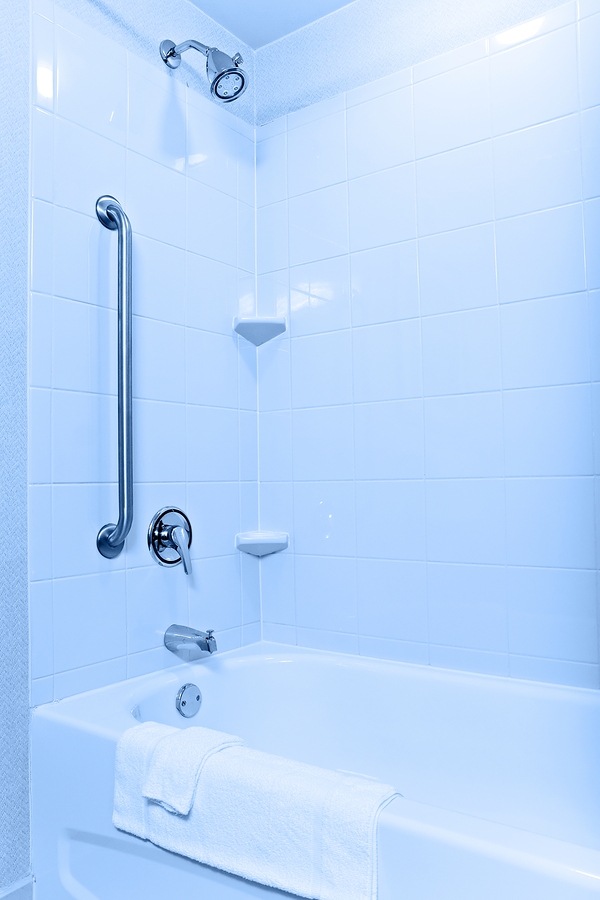Your dad’s reached a point where he cannot bathe without some assistance. How do you help him as he transitions from doing things on his own to having a personal care at home aide assisting him with hygiene and grooming tasks?
Go Slowly, Don’t Jump In
It’s going to take your dad time to adjust. He’s never had to rely on others for things like his shower, shaving his face, or getting dried off and dressed. It’s going to cause him some anxiety. Take things slowly.
Don’t force the caregiver on him without first discussing what the caregiver is there to do. Go over the routine and make sure he’s able to give input as you make the arrangements for help with hygiene and grooming.
Now, there may be limits on how involved he can be. If he has dementia, his cognitive skills and understanding may make it harder for him to understand that he’s not taking care of himself well enough. This situation can be harder to manage, but it’s not impossible. Be open and present it as though you just want someone around in case he needs help.
Arrange a Trial Week of a Personal Care at Home Aide
Start with a trial week. Tell your dad you want to try it for a week and see how it goes. If he thinks it’s just a temporary situation, he’ll be less resistant. From there, he’ll get used to having the help and even appreciate that he’s not at risk of falling or struggling to complete some of the more difficult tasks like shaving without cutting his skin when his hand strength is limited.
Let Your Dad Ask Questions
When you talk to a personal care at home agency, let your dad ask questions. He might want to know if he can arrange a male caregiver over a woman or not. He may want to know how personal care services work. He should get to ask the questions he wants, as long as he doesn’t approach the advisor with anger or a lack of courtesy.
If your dad is frustrated by the need for care, he may be rude due to his emotional state. Just be ready to rein him in if he’s lashing out due to what he sees as a loss of independence. He needs reassurance from a personal care advisor that maintaining his privacy and independence is important to his caregiver.
Be Present Without Being in the Way
On the first few days with a caregiver, be present but stay out of the way. Let the caregiver get to know your dad without your interruption. Work from a den or bedroom. If the caregiver comes to you for tips or input, you can help at that point.
Once your dad is settled again, go back to work and let the caregiver get back to the task at hand. This arrangement can help lower your dad’s anxiety in the initial week, and soon he’ll be used to the care he’s receiving.
Learn more tips from our personal care at home advisor. You’ll also find out more about prices and how to get started.

